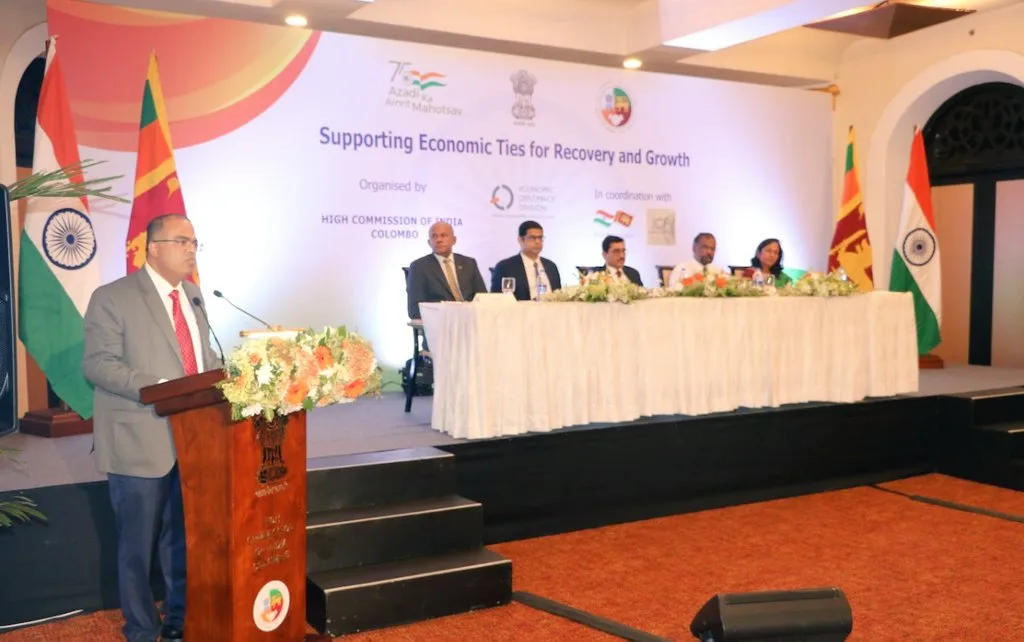Sri Lankan President President Gotabaya Rajapaksa said on Thursday that India has promised to provide fertiliser to Sri Lanka for the Yala season, which lasts from May to the end of August.
Rajapaksa told irrigation officials that Prime Minister Narendra Modi has agreed to provide the fertiliser which will be supplied under a loan facility. He told the officials that it will be distributed within 20 days after its arrival in Sri Lanka.
I assure you all that the Government of India is providing all possible support to Sri Lanka. India will continue to stand with Sri Lanka. pic.twitter.com/PnW0tbZ1BT
— Narendra Modi (@narendramodi) May 26, 2022
Yala is the paddy cultivation season in Sri Lanka and the farmers once again fear that lack of fertiliser could impact agricultural productivity once again. Owing to the ban on chemical fertilisers last year, farmers had resorted to protests.
High Commission organized a business event on supporting 🇮🇳🇱🇰 economic ties for recovery and growth in #Colombo.Deputy High Commissioner @VinodKJacob76, Governor @CBSL, Treasury Secretary, Industries Secretary, and other senior officials from #SriLanka interacted with (1/3) pic.twitter.com/nlktlJHdRd
— India in Sri Lanka (@IndiainSL) June 1, 2022
Yesterday, the Indian High Commission in Colombo organised an event to support mutually beneficial economic ties for recovery and growth of the island nation.
A tweet by the Indian High Commission said that the Governor of the Central Bank of Sri Lanka, Nandalal Weerasinghe, senior Sri Lankan officials and representatives from business attended the event.
Deputy High Commissioner Vinod K. Jacob said that the Government of India's Neighbourhood First and SAGAR initiatives will bring mutual benefit to the people of India and Sri Lanka.
India has supported Sri Lanka since January this year with nearly $3.5 billion of assistance including providing petrol, diesel, food and essential medicines.
The Sri Lankan economy collapsed after it ran out of foreign exchange reserves even to pay for food and essential item imports. The crunch also forced Sri Lanka to default on its foreign debt amounting to nearly $51 billion.




















